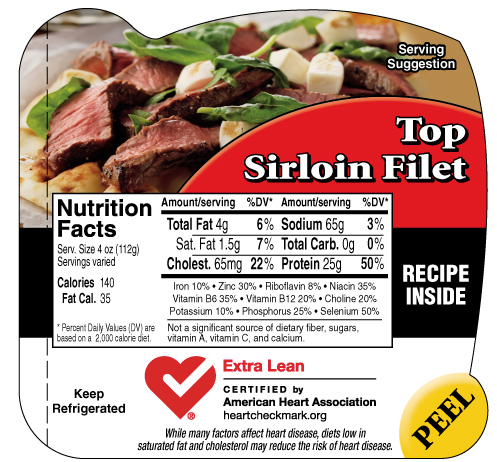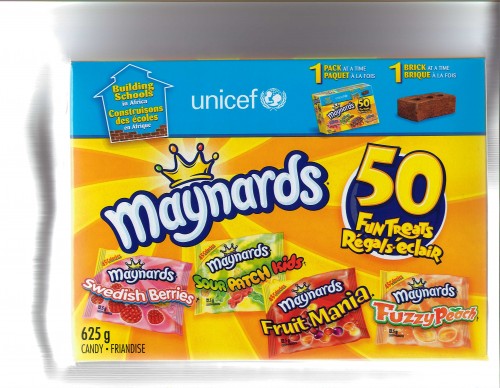More on Oxfam’s anti-poverty partnership with Coca-Cola
Among the many thoughtful comments on yesterday’s post is one from the Director of Oxfam America’s Private Sector Department, Chris Jochnick, who writes that I did not “quite capture the scope and intent of this project.”
As part of our work, Oxfam has a responsibility to engage with global corporations, through both collaboration and campaigns, in order to have constructive dialog on their business practices.
….Throughout the work, Oxfam has maintained complete independence including the ability to undertake advocacy against either company if the situation warranted. The Coca-Cola Company and Oxfam America shared the costs of the collaboration roughly in the proportion of 2:1, with The Coca-Cola Company contributing two-thirds of the costs (US $400,000) and Oxfam America contributing one-third of the costs in kind including staff time.
Unrelated to the study, The Coca-Cola Company made an earlier donation of $2,500,000 to Oxfam between 2008-2010 for humanitarian work in Sudan, with an emphasis on work related to water, sanitation and hygiene.
….Our independent voice keeps Oxfam’s approach to private sector collaborations dynamic and honest.
Let me add a bit more about what I think is wrong with this picture.
The goal of Coca-Cola is to sell more Coca-Cola. The goal of Oxfam is to address world poverty. I’m having trouble understanding how these goals could be mutually compatible.
Coke sales in the United States are flagging. Last year, three quarters of Coke’s revenue derived from sales outside of North America in emerging economies where rates of obesity are increasing rapidly.
Sugary beverages like Coke are increasingly associated with obesity and its health consequences, problems now rampant in developing economies.
In the past year, Coke has embarked on an aggressive campaign of contributions to potentially critical groups such as the American Academy of Family Physicians, the Children’s Hospital of Philadelphia, Save the Children, and now Oxfam.
These groups are now highly unlikely to advise their constituents to cut down on sugary sodas. If nothing else, sponsorship buys silence.
Oxfam may have done the work of its Poverty Footprint Report without company interference. It is what is not in the report that is so much in Coke’s interest.
For just under $3 million, Coke has purchased an endorsement from Oxfam of its “anti-poverty” practices and silence on the role of sugary drinks in obesity. This kind of public relations is well worth the price.
What does Oxfam get in this bargain? The money, of course, but at the cost of serious questions about the credibility of its report and its independence. Perhaps these are tolerable, but what about loss of respect?
I score this as a win for Coca-Cola.




